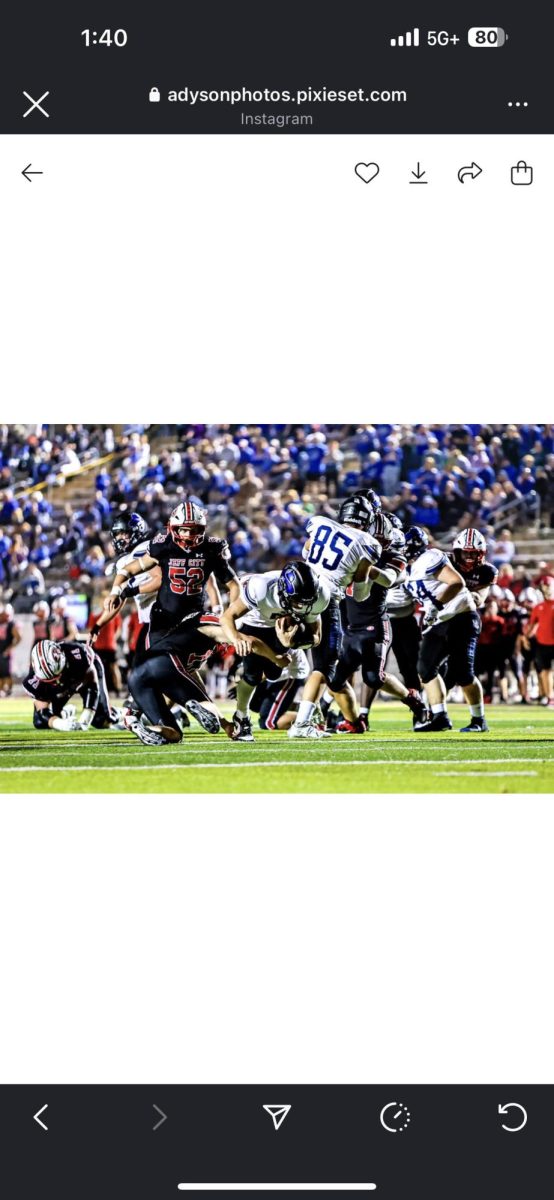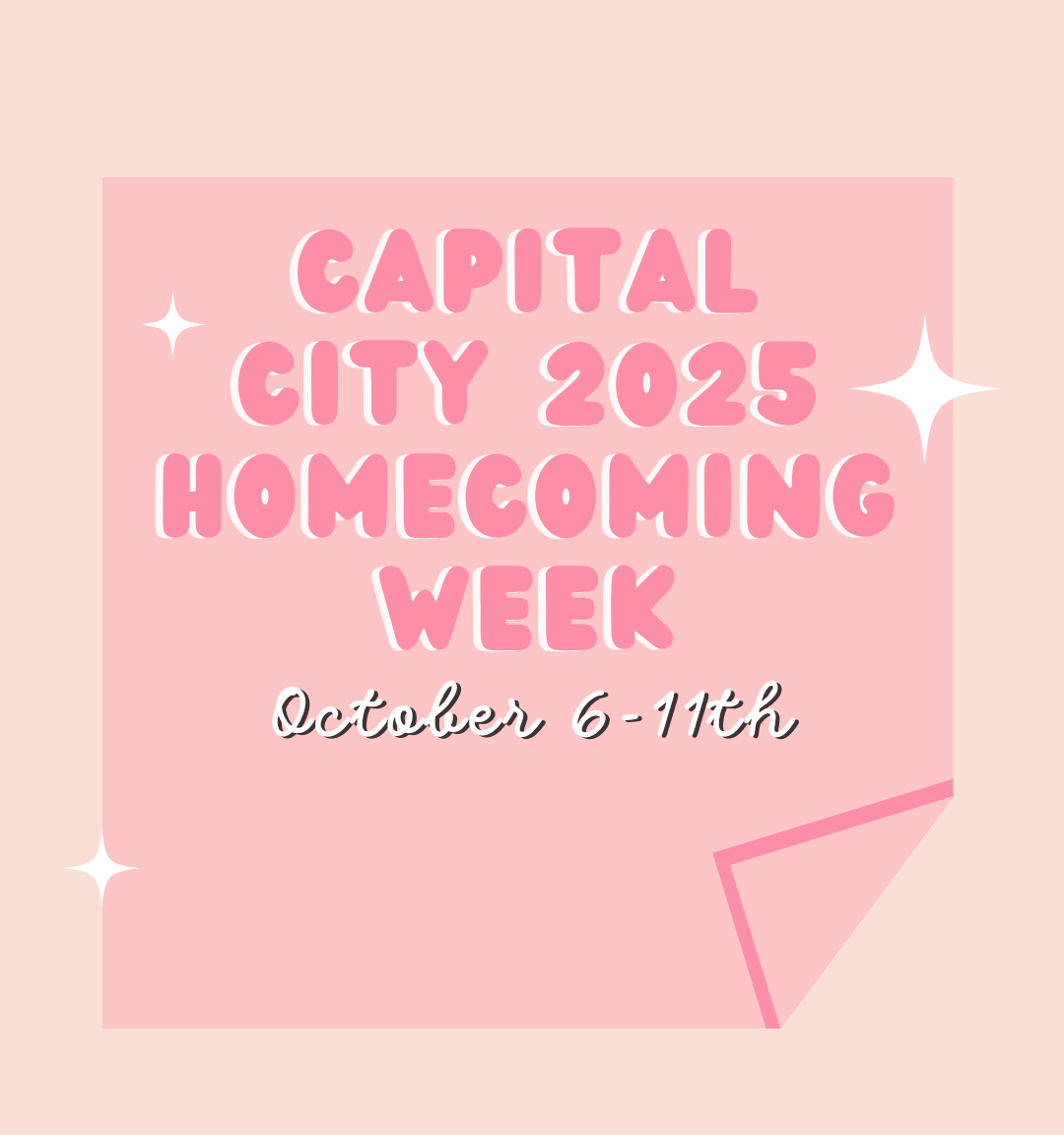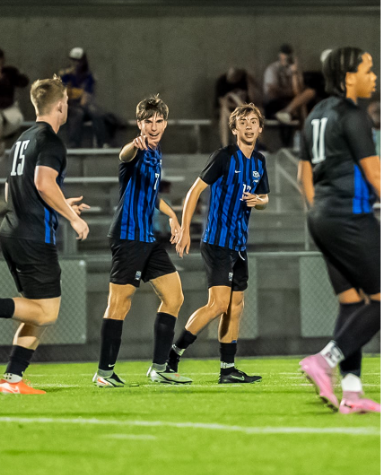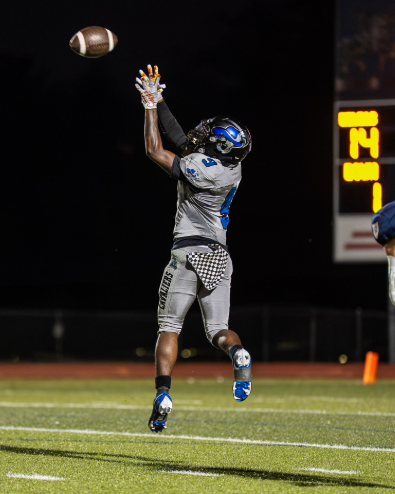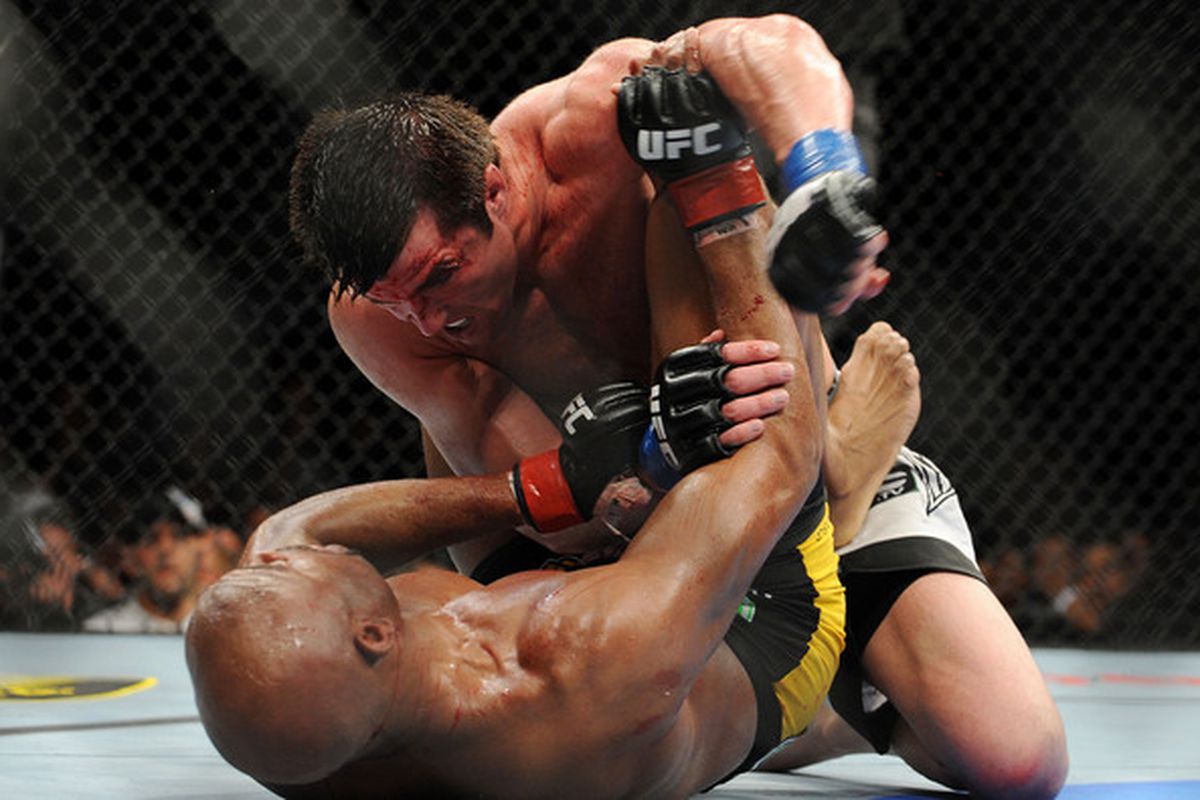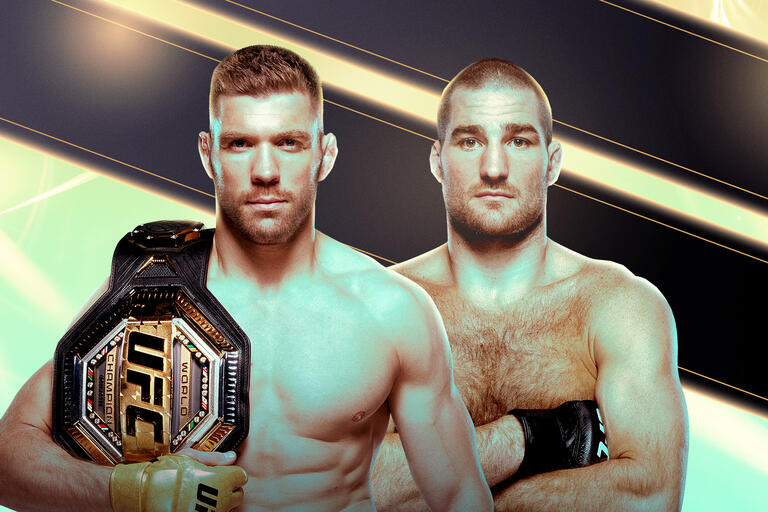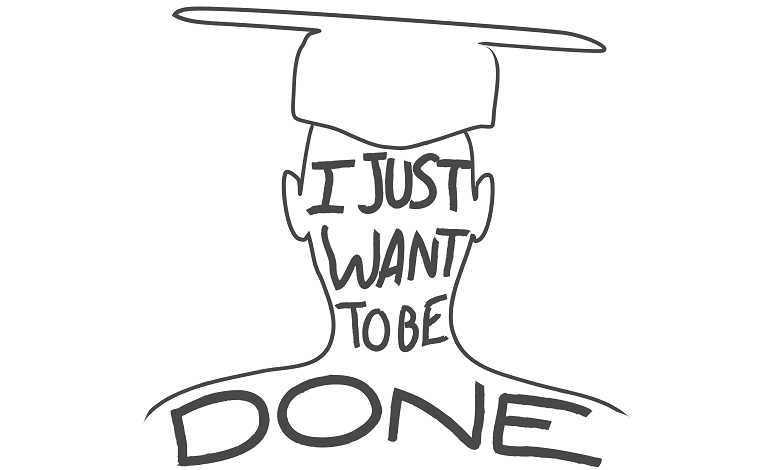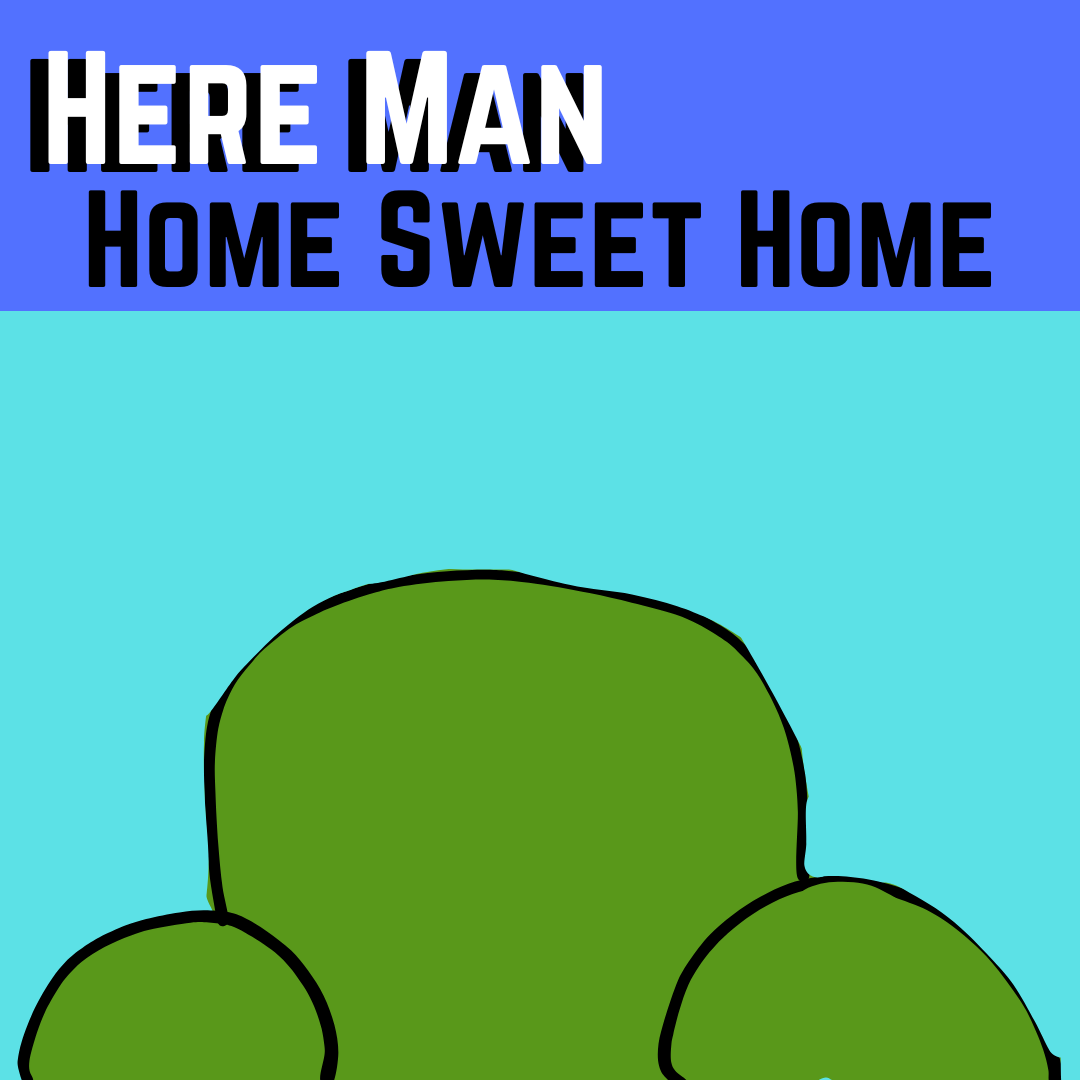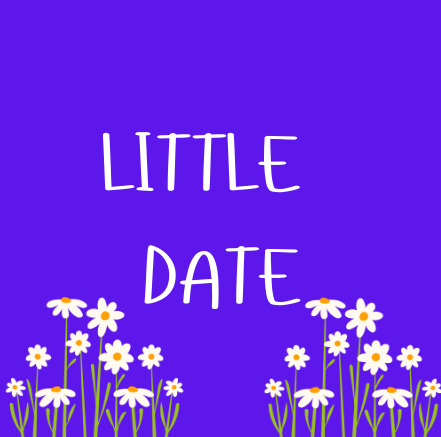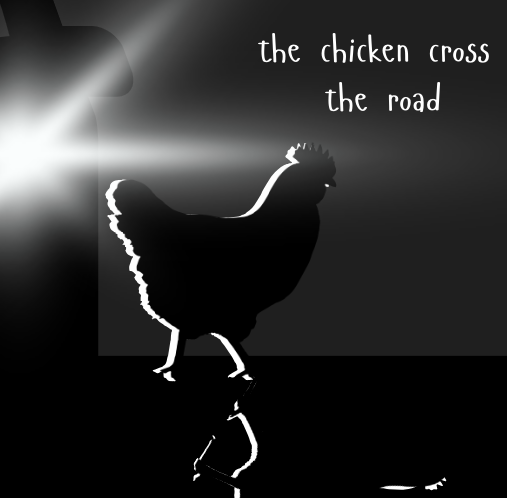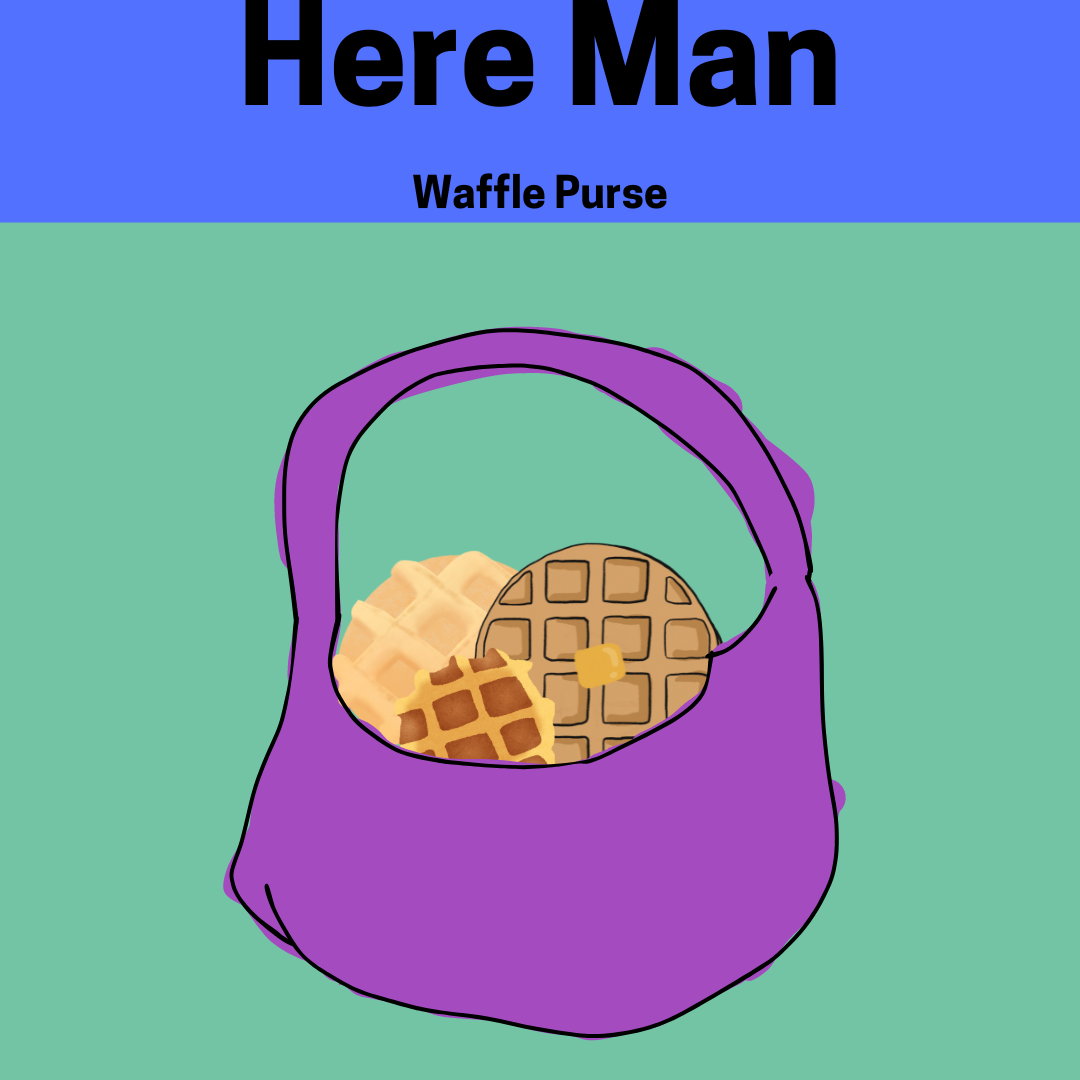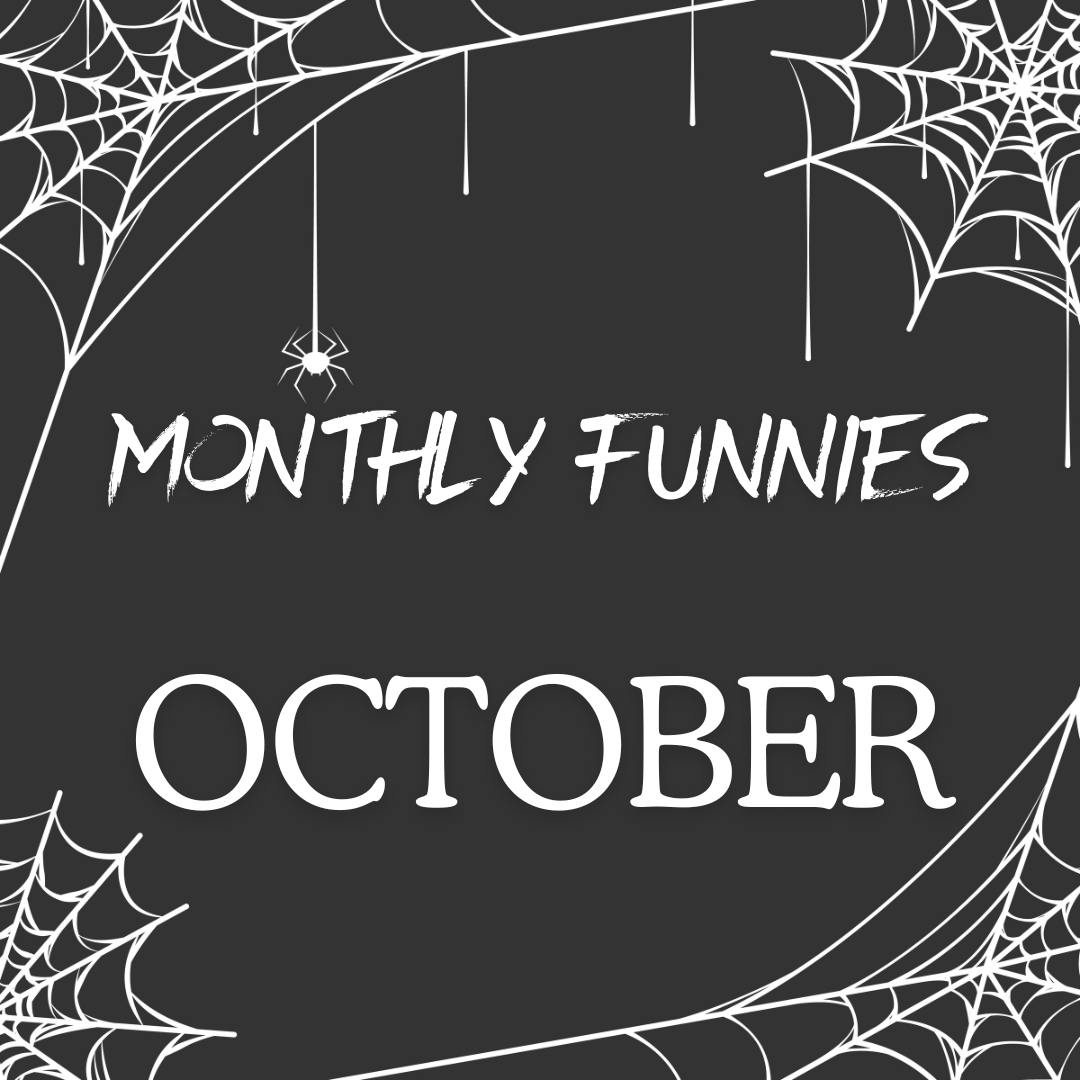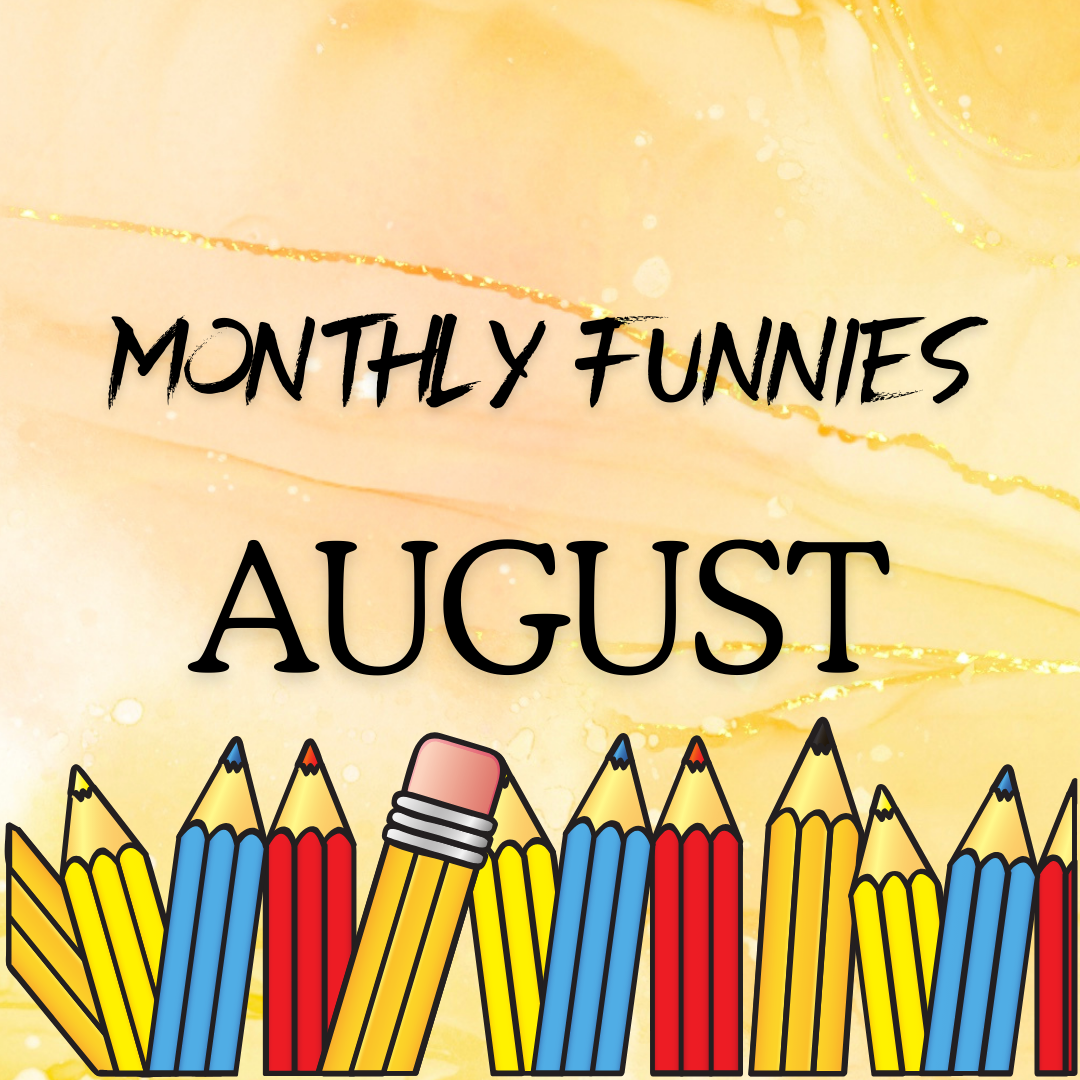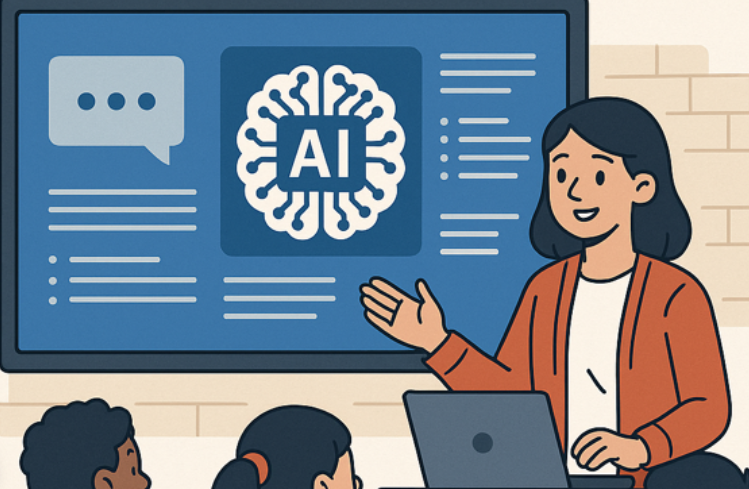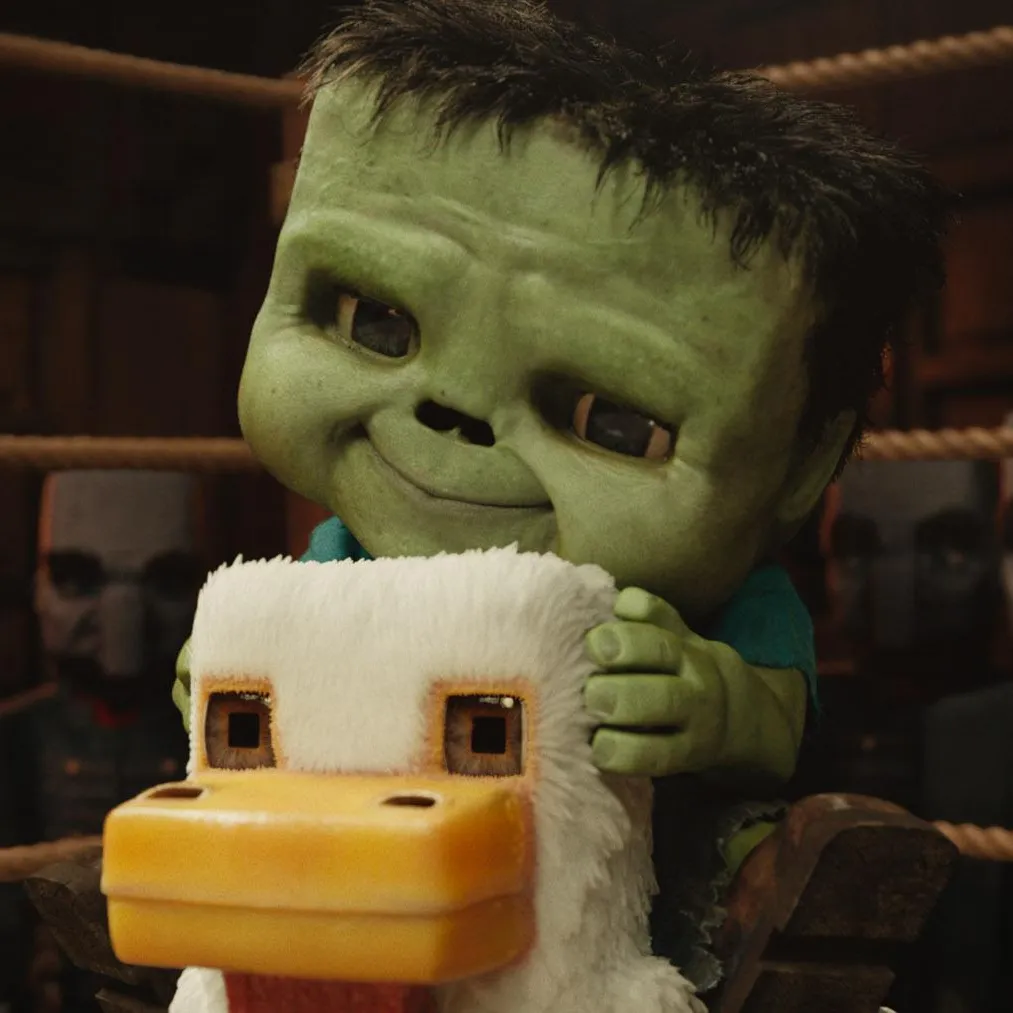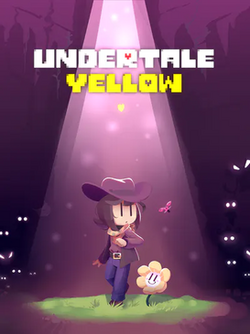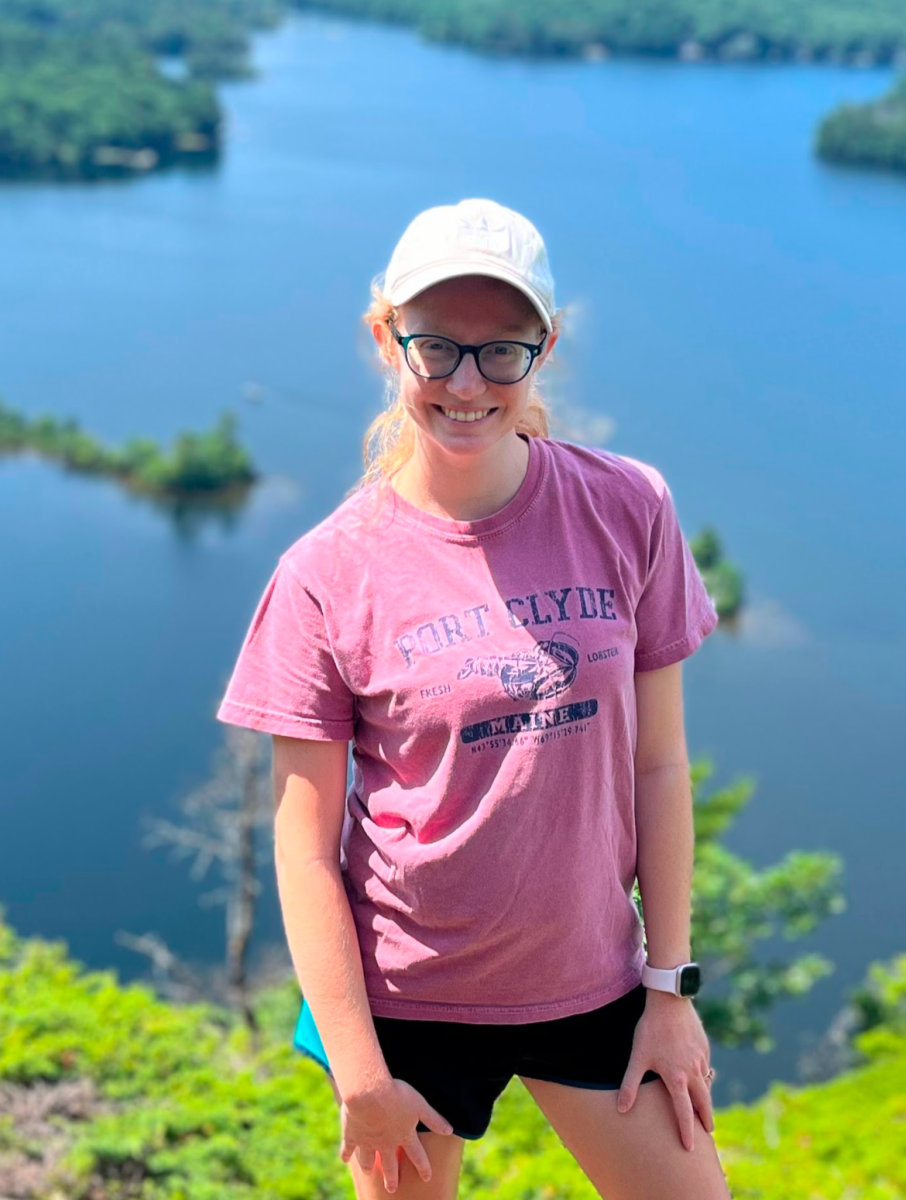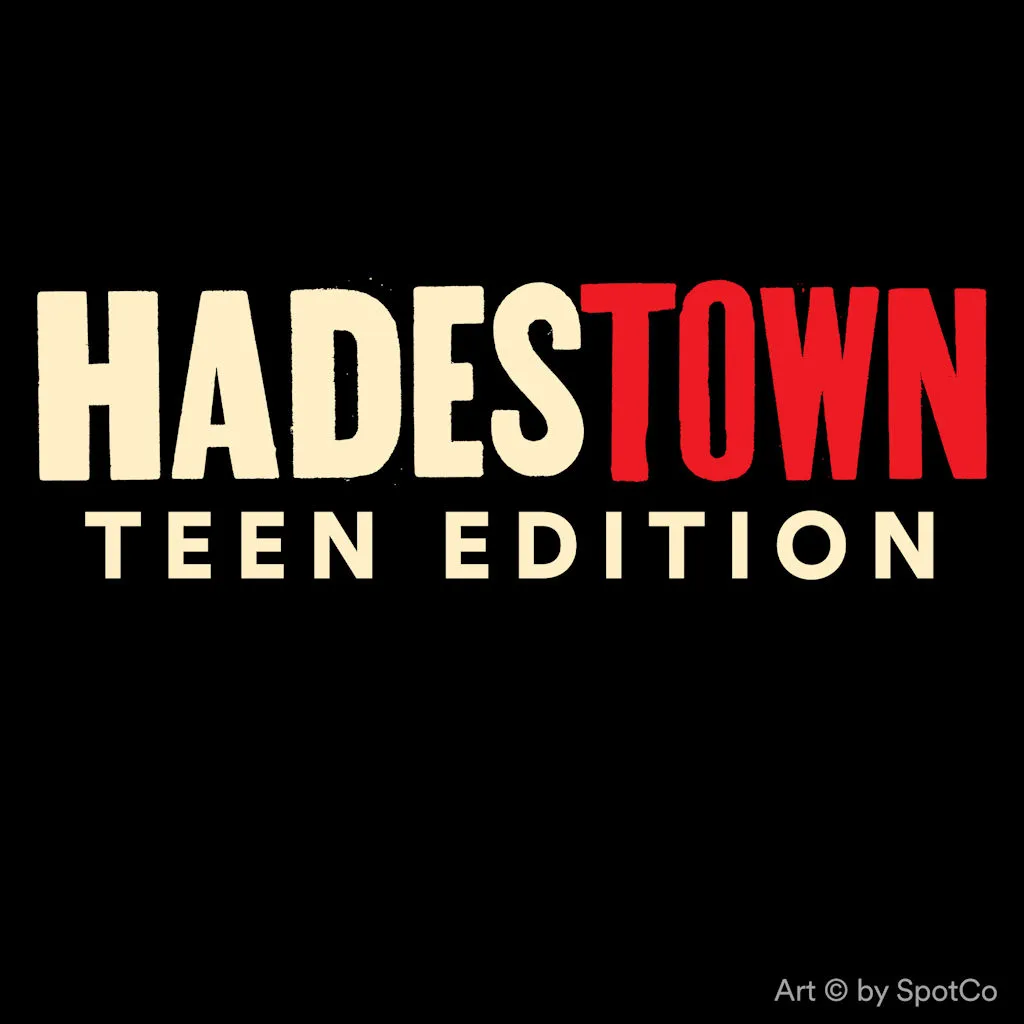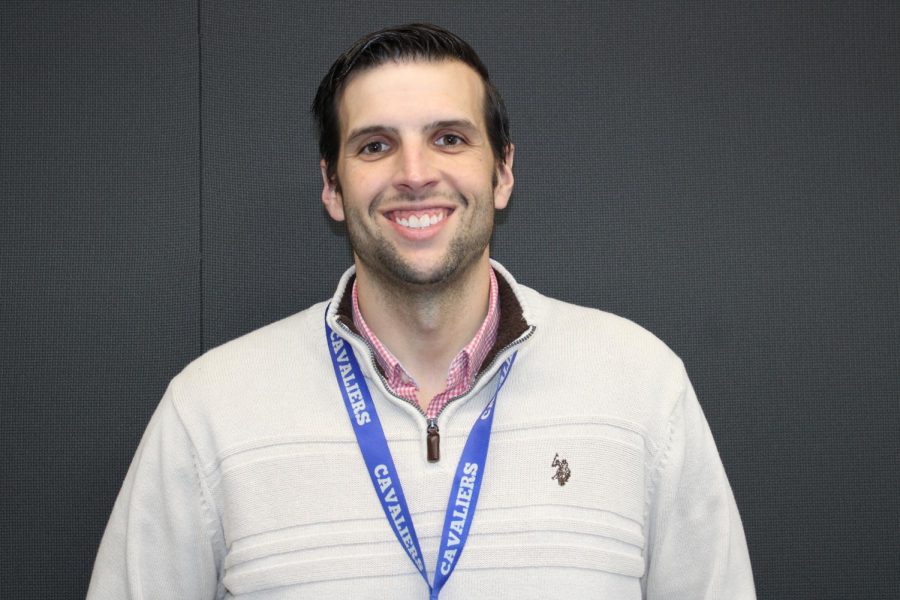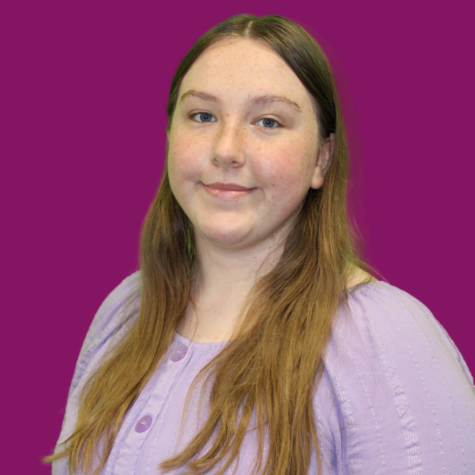New Teacher Feature: a Q&A with Mr. Seth Maberry
January 28, 2021
If you are a freshman or a junior here at CCHS and take world history or government, you may be familiar with Mr. Maberry. This is his first official year teaching at Capital City High School as a social studies teacher, however, many may know him from being a student teacher last year in Mrs. Makowsky’s classroom.
Before becoming a government and world history teacher were there any alternatives that peeked your interests?
Mr. Maberry: “So many, well when I was an undergrad at 18 years old I wanted to go into music, I majored in music and minored in history. I then decided that majoring in music was not the smartest life choice. I struggled on deciding what sort of things I wanted to pursue for a while. I was interested in history and politics, as well as public affairs, so overall I didn’t know what to major in. I thought about going into law and even museum curation, there was a wide range of things that piqued my interest.”
What lead you toward the path of education?
Mr. Maberry: “That’s a good question. I would say it’s a platform to work with the subject matter that I really like but still be able to make a difference and help bring subjects to life that people don’t usually like. Unless you have a natural interest in social studies, history, or politics, you’re not going to be super interested in Alexander the Great, The Civil War, or even government. So I thought of it as an opportunity to bring that stuff and make it more accessible to students who would otherwise be like “I don’t want to be here.”
What would you say the difference between the two classes you teach are?
Mr. Maberry: “That’s funny, some days I think there is a whole lot of difference and some days I think there’s none at all. There are aspects of the curriculum that overlap. Government is super focused on the United States and how the United States government works, while world history is really long and you have to go through so many years in a short amount of time.”
Why did you decide to teach high schoolers?
Mr. Maberry: “I think my personality just fits better. My sense of humor fits better with high schoolers. When I was in college, I worked at the state capitol and I got to do educational programs for lots of different age groups and I just found I got along better and reached high schoolers more.”
As a first year teacher, is it what you expected?
Mr. Maberry: “No, because of the pandemic, but as a first year teacher I would say yes, it kind of is. I had a really good student teaching experience last year and I think she prepared me really well. Based on my studies in college, I’ve had to teach myself a lot more due to the curriculums I was instructed to teach.”
Do you see yourself at CCHS for the long term?
Mr. Maberry: “Yes, I do actually!”
What is your ideal teaching environment?
Mr. Maberry: “I think my ideal teacher environment in terms of how my relationships are with other teachers is very collaborative and we are all willing to share ideas and I think that our government team is great with that. So every time I step in the classroom to teach, all three government teachers have had influence on what that looks like. For world history there’s a bit more individuality. So I think overall, I would just say my ideal teaching environment is collaborative and other teachers being willing to help out younger teachers. I also think that having a classroom with a good mix of personalities amongst students is great. For example, students who are high achievers that could help bring along low achievers is very important. I’ve also really appreciated how supportive our administration is.”
What impact do you hope to have on your students?
Mr. Maberry: “That’s a loaded question and I feel like I should have a great answer. I want them to look back and use the things that were learned in my class to help them navigate life. For example, skills that we’ve talked about such as how you evaluate information along with how we look at social media and news reports. I hope I have a hand in creating a generation that is more responsible with those things then we have been up to this point. I hope that students can then use that to navigate through their daily life. I also would hope that students realize that there is always more than a few sides to every story and so I hope that I have an impact to make students think about more marginalized perspectives that maybe we haven’t thought of as an educational community.”
As a government teacher how do you think you are impacting future voters?
Mr. Maberry: “Well I hope to not impact them in terms of what political choices they make. My hope for them is to come to my class and leave being better equipped to be better citizens and to exercise their rights and to have a basic understanding of what those rights are in our system. I want them to understand the basic premises of how our government works and how they can operate within it to affect change. I want to create students who are informed, know how to be informed, and then use that to be a citizen that they want to be.”


